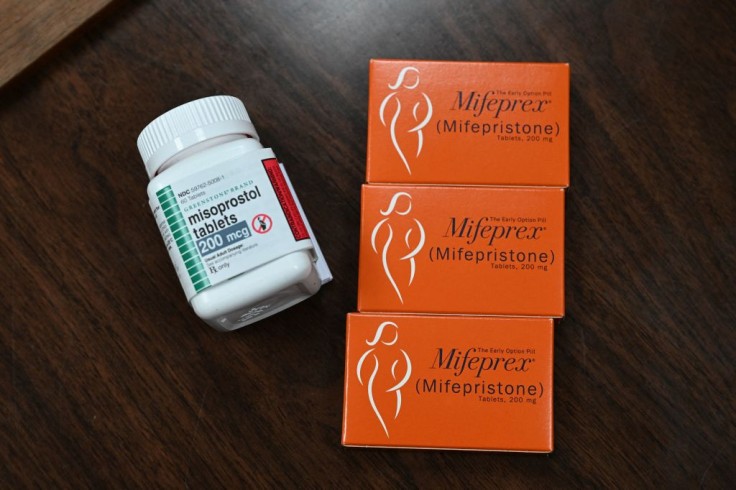
Walgreens declared that it would not sell abortion pills through the mail in 20 conservative states.
This decision exemplifies the significant differences in abortion accessibility between states in the post-Roe v. Wade United States.
The announcement was a response to a warning from Republican attorneys general in those 20 states, who threatened legal consequences for CVS and Walgreens if they provided abortion pills by mail.
Walgreens' abortion pills will not be sold to conservative states
According to ABC, in February, nearly two dozen Republican attorneys general wrote to Walgreens, warning the company that it could face legal consequences if it continues distributing abortion pills through its pharmacies.
The attorneys general argued that the pills were not safe and that they could harm women who used them. The letter put pressure on Walgreens to respond.
As a result, Walgreens, the second-largest pharmacy chain in the United States, said it would not sell abortion pills in several states where they remain legal.
This in response to the shifting policy landscape, threats from state officials, and pressure from anti-abortion activists.
The company has since responded to all the officials, assuring them that it will not dispense abortion pills by mail or at its brick-and-mortar locations in those states.
In certain states, Walgreens will not dispense mifepristone, one of the most popular methods for ending a pregnancy.
Included in the list were several states where abortion in general and the medications specifically remain legal, such as Montana, Iowa, Alaska, and Kansas.
However, Walgreens' senior director of external relations, Fraser Engerman, has noted that there is currently complexity around this issue in Kansas and elsewhere.
Engerman added that the company will now only sell abortion pills in those jurisdictions where it is legal to do so if they are certified.
Abortion pills might be sold, but only with certification and legal rights
Reuters reported Walgreens' recent decision came after the U.S. Food and Drug Administration (FDA) authorized retail pharmacies to distribute mifepristone pills, including by mail, if they were certified under special safety regulations.
This rule will make medication abortion, which accounts for over 50 percent of U.S. abortions, more accessible in states where abortion is still legal.
For over two decades, the FDA restricted the dispensing of the drug to a subset of specialty clinics and offices because of safety concerns.
However, since the COVID-19 pandemic began, the FDA has eased restrictions by eliminating the in-person requirement for the pill and allowing brick-and-mortar pharmacies to distribute it.
According to Politico, the group of Republican attorneys general wrote to Walgreens in February, and other retailers like Kroger, CVS, Rite Aid, Walmart, Albertsons, and Costco, demanding that they refuse to distribute abortion pills.
This decision highlights how the availability of abortion services can significantly differ from state to state in post-Roe America.
Even in places where no bans are in effect, elected officials, activists, and corporations can still clash with the federal government to block access to these services.